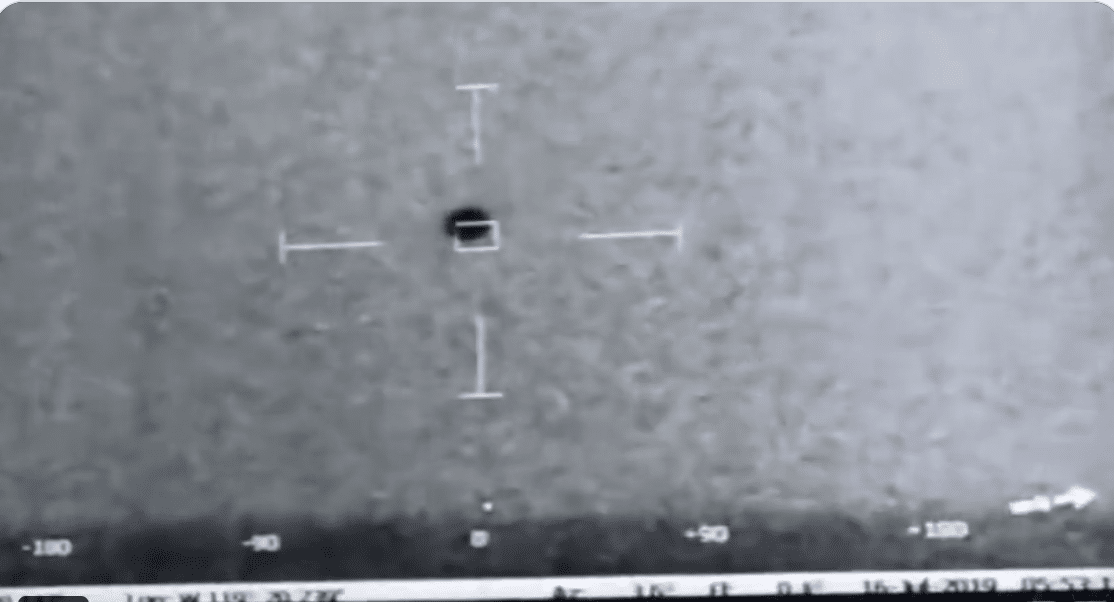The battle against HIV has been a long and difficult. As scientists have searched unsuccessfully for a cure, more than 35 million people worldwide have died of the illness since the 1980s. Now emerging medical science—made possible by high-tech gene editing and grant money from the US National Institutes of Health—is yielding positive results in the petri dish and in monkeys, according to a new study published in the PLOS Pathogens.
The study was small, but suggested scientists can genetically modify the immune system to better fight the virus. The experiment involved genetically modifying stem cells to produce immune-system T cells and other blood cells with a specific chimeric antigen receptor (CAR) that enables them to identify and attach to antigens on HIV-infected cells. Once attached, the CAR-T cell kills the infected cells. Even better, the genetic modifications also protect the CAR-T cells from becoming infected with HIV themselves. READ MORE


















